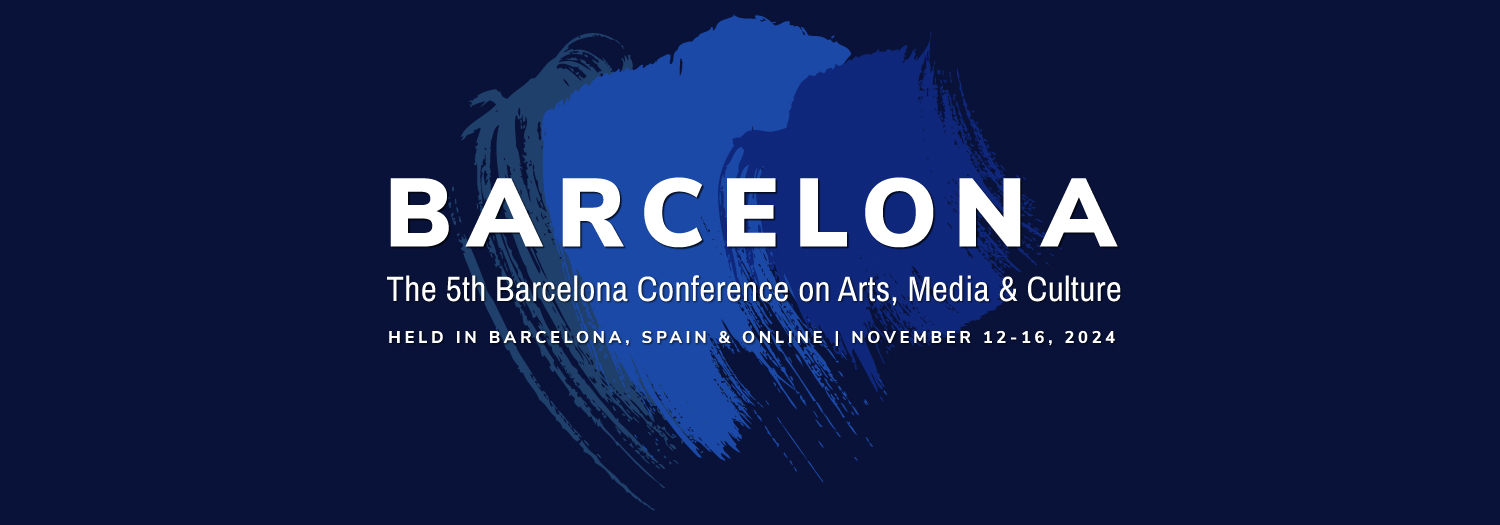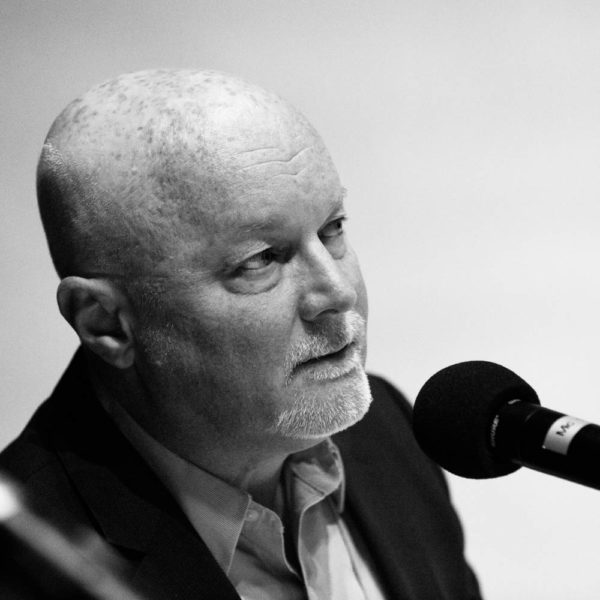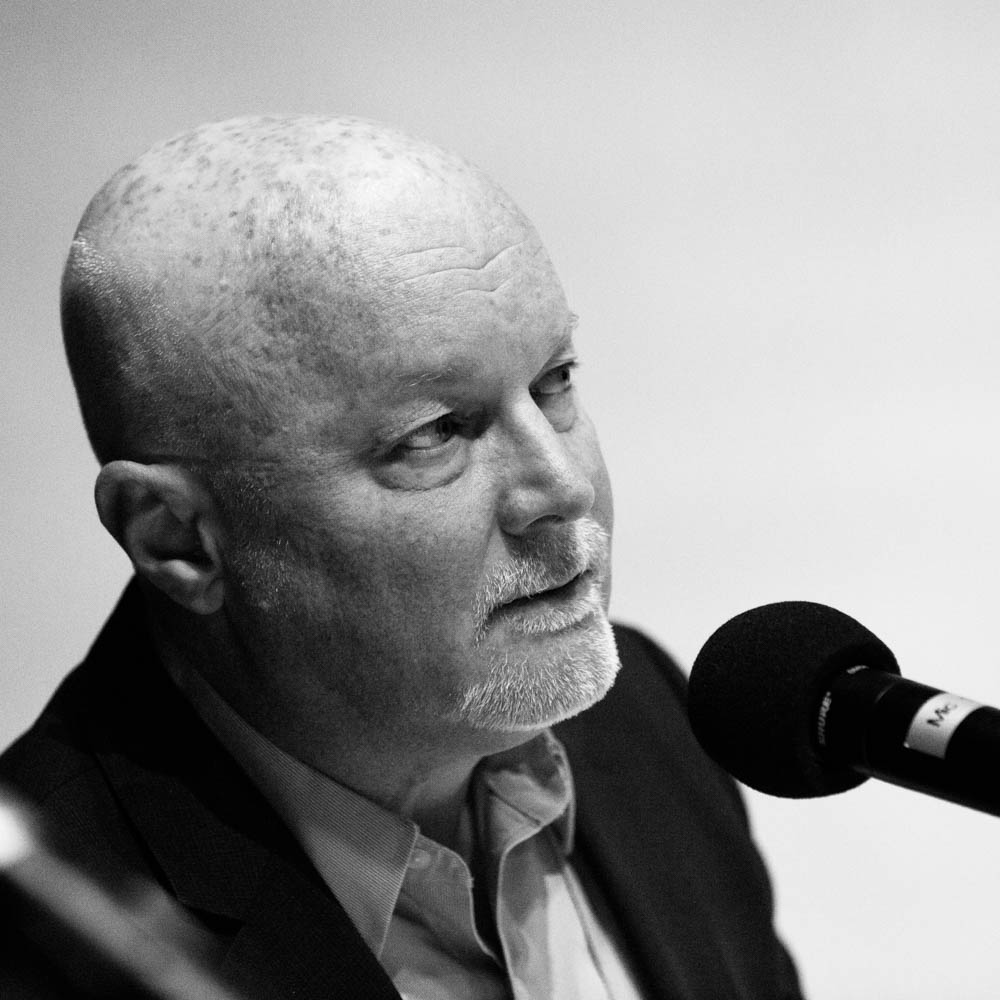Join us in Barcelona for BAMC2024!
13-16 November, 2024 | Held in Barcelona, Spain (and online)
Introduction
The International Academic Forum (IAFOR) and the IAFOR Research Centre at the Osaka School of International Public Policy (OSIPP) at Osaka University, Japan, invite you to join The 5th Barcelona Conference on Arts, Media, and Culture, running alongside The 5th Barcelona Conference on Education. With an open call for papers, this event offers an engaging exploration of Education, Arts, Media, and Culture's latest advancements, inspired by diverse global ideas. Rooted in international, intercultural, and interdisciplinary foundations, BCE/BAMC2024 provides exceptional networking, professional development, and opportunities to present and publish contemporary ideas for academics at all career stages.
Throughout its history, Spain has served as a bridge connecting European and Arabic thought, having been conquered by both Romans and Arabs. This historical intersection became the cradle from which Arab intellectualism spread into Europe, showcasing the potential for different cultures to thrive and mutually influence one another within the same geographical space. Situated at the crossroads of Europe and North Africa, with the magnificent Mediterranean Sea as its backdrop, Barcelona has long been a focal point for intercultural communication and exchange and a harmonious coexistence of various cultures and ideas.
Today, this legacy continues to thrive in the city. Barcelona not only boasts its status as an international hub, seamlessly blending tradition and modernity, but it also serves as a hub of political and cultural uniqueness. As the epicenter of Catalonian separatism, Barcelona is a living testament to a politically active civil society composed of a distinct cultural and linguistic minority that ardently fights for its rights. Barcelona is where the realms of multiculturalism, linguistic diversity, political activism, technology, and global communication intersect, making it an ideal setting to explore interdisciplinary themes and collaborate with scholars from around the world.
In this dynamic and globally connected city, our conference, with a thematic focus encompassing Education, Arts, Media, and Culture, provides an opportunity to engage with a rich tapestry of ideas, cultures, and perspectives. Barcelona is where the realms of multiculturalism, linguistic diversity, political activism, technology, and global communication intersect, making it an ideal setting to explore interdisciplinary themes and collaborate with scholars from around the world.
In keeping with IAFOR’s commitment to interdisciplinary study, delegates at either conference are encouraged to attend sessions in other disciplines. Registration for either conference will allow delegates to attend sessions in the other. We expect the resultant professional and personal collaborations to endure for many years, and we look forward to seeing you in Barcelona and online!
– The BAMC2024 Programme Committee
IAFOR Journal of Education (Scopus Indexed Journal)
 This conference is associated with the Scopus and DOAJ listed IAFOR Journal of Education.
This conference is associated with the Scopus and DOAJ listed IAFOR Journal of Education.
- Venue & Location: Held in Barcelona, Spain (and online)
- Dates: Tuesday, November 12, 2024 to Saturday, November 16, 2024
- Early Bird Abstract Submission Deadline: June 14, 2024*
- Final Abstract Submission Deadline: August 16, 2024
- Registration Deadline for Presenters: September 20, 2024
*Submit early to take advantage of the discounted registration rates. Learn more about our registration options.
International Advisory Board
Dr Joseph Haldane, Chairman and CEO, IAFOR
His Excellency Professor Toshiya Hoshino, Osaka University, Japan
Professor Barbara Lockee, Virginia Tech., United States
Professor Donald E. Hall, Binghamton University, United States
Dr James W. McNally, University of Michigan, United States & NACDA Program on Aging
Professor Haruko Satoh, Osaka University, Japan
Dr Grant Black, Chuo University, Japan
Professor Dexter Da Silva, Keisen University, Japan
Professor Gary Swanson, University of Northern Colorado, United States
Professor Baden Offord, Curtin University, Australia
Professor Frank Ravitch, Michigan State University, United States
Professor William Baber, Kyoto University, Japan
Conference Programme Committee
Conference Co-Chairs
Dr Joseph Haldane, The International Academic Forum (IAFOR), Japan
Professor Sue Ballyn, University of Barcelona, Spain
Conference Review Committee
IAFOR's peer review process, which involves both reciprocal review and the use of Review Committees, is overseen by conference Organising Committee members under the guidance of the Academic Governing Board. Review Committee members are established academics who hold PhDs or other terminal degrees in their fields and who have previous peer review experience.
If you would like to apply to serve on the BAMC2023 Review Committee, please visit our application page.





You must be logged in to post a comment.